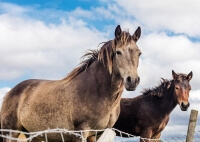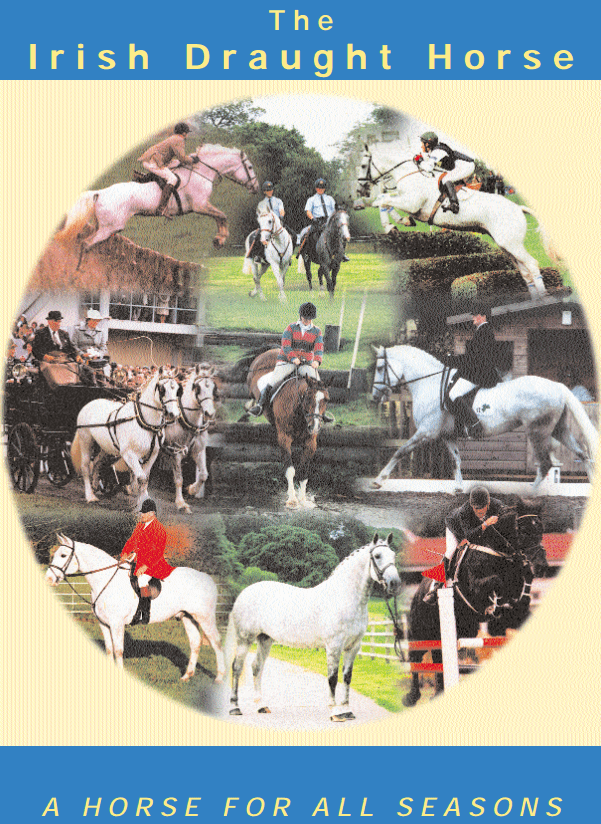Horse Training, Rider Coaching & Equine Education – Train Your Horse Right Way

Horses have been a part of the human race for as long as we can remember, helping us to achieve the staggering heights in evolution that we have come to enjoy and respect. Although equines have been primarily used for farming, transport, and war purposes up until the first part of the 20th century, modern-day horse training chiefly deals with preparing a horse for dressage, show jumping, equestrian events, races, and other horse-related shows such as movies and entertainment.
Horses have an illustrious history in being trained for conflict, as they were used as a premier tool in waging several wars across the centuries. However, in the modern law-enforcement, various police forces across the world are known to use stallions and mares alongside regular law-enforcement vehicles, especially for riot control and patrolling. We can’t also ignore the importance of training horses as companion animals and pets, or as a support animal for psychological treatment. Friendly breeds such as the Irish Draught are known to display several distinctive qualities such as compassion, compliance, and emotional intelligence, which are proven to be highly effective in psychotherapy.
Horse training is a highly specialised discipline that requires skill, patience, experience, and extensive knowledge of the different breeds to create a custom-tailored training plan that suits the steed. Therefore, if you are a beginner at horse training or even at horse ownership, there are several precautions that you must take before coaching your steed. Here are some of the basics to help you with your coaching requirements.
Understand the Breed & its Temperament
It is highly imperative to have a solid idea about the breed and lineage of the horse before commencing the training procedure or while purchasing a steed. Some breeds are easy to train, while some take longer to learn new things and comply with instructions. Warmbloods and Irish Draught Horses are some of the best breeds for training, as they have the best temperament to heed to advice and perform all day long with no complaints. It is also vital to work with a horse that is friendly and docile, as a calm steed is more manageable than a restless one.
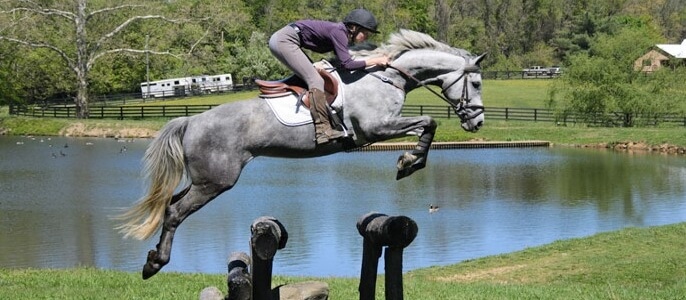
Start Young – But Never Underestimate the Importance of Training an Adult Horse
Different breeds display various tenacities at different ages, but generally, equine training may start from as low as 18 months old to up to 4 years old for some breeds. However, training is a continuous process, and one shouldn’t miss an opportunity to teach their steed new things, regardless of their age. Of course, the learning curve may taper off with age, but as is the case with humans, animals can also learn new things, provided they are reared in an apt environment.
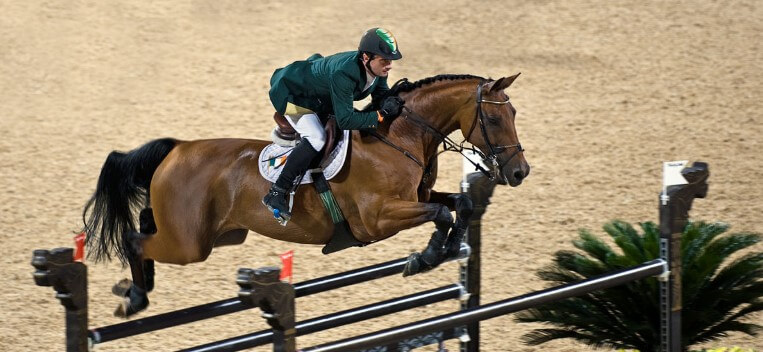
Seek Professional Help
Seeking professional help from expert trainers is the best way to raise your equine into the best version that it can be. It is no secret that professional coaches have the necessary skills and knowledge that are acquired from their many years of experience in dealing with different breeds, which will come in handy while training your steed. It can also help you to learn new things and use it in the future for managing your steed in the expert’s absence.
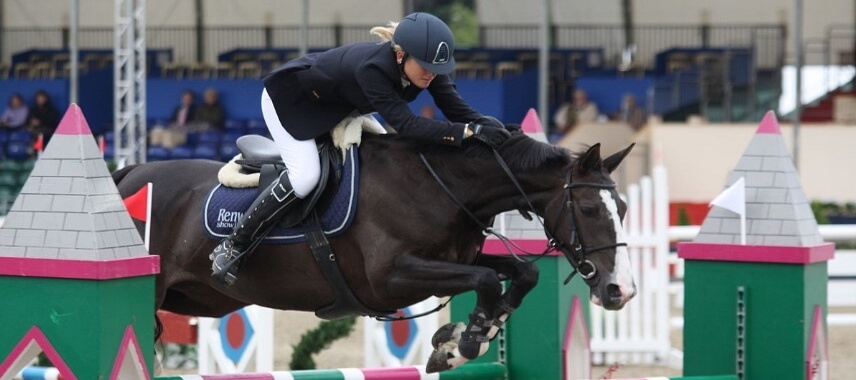
Teach Subtle Things Yourself
You don’t have to depend entirely on an expert trainer to train your horse to perform a few simple tricks. Horses are pretty much similar to dogs or any other animals that can be raised as pets, and you can have them perform the same tricks as you would with your pooch, albeit at a larger scale. Of course, the character and temperament should have a pretty significant role while performing certain tricks, but in most cases, you can impress your family and friends with some horse tricks of your own.
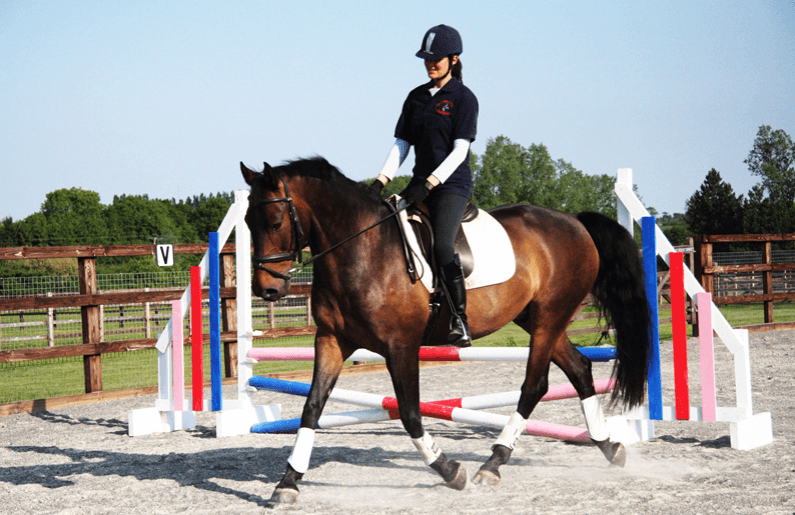
Addressing Behavioural Problems
Horses are renowned for their behavioural problems, especially jittery nerves during practice or displaying weird behaviour during the middle of an event. It can pose to be an even more significant threat while transporting the equine, as it can make matters miserable while loading the steed into a trailer or while unloading. Some horses also display aggression towards strangers, officials, or unknown handlers, which will further deteriorate its mental and performance status at the event. Therefore, you must ensure that your steed is comfortable with all scenarios that it may come across, mainly while dealing with strangers.
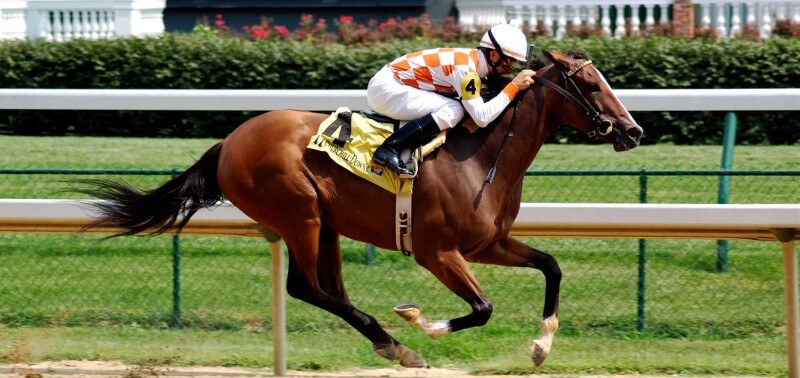
Learn to Ride
As a trainer or a rider, it is your responsibility to learn all the proper techniques on riding safely. Only a good rider will be able to understand a horse’s movement and modify his/her actions accordingly. Improper riding technique will not only limit the horse’s performance, but it can also lead to accidents and result in severe injury for both the rider and the horse. Therefore, before getting a steed for either personal or equestrian events, seek professional help by finding a good riding school and spend some quality time atop a horse before considering a purchase of your own.
Enrolling in Horse Education Courses
Horse training is a highly lucrative and exciting career option, especially if you are fond of horses and are good with animals. Equine education programs offer certificate programs, degree courses, and even an opportunity to pursue research and gain a doctorate. Therefore, if you feel that you are revelling in your horse training program, why not join a horse education college where you can gain more knowledge and pursue a career as an expert horse trainer?

